
The devilishly handsome Lars Nordskog, of Nvidia Dev Rel and this article fame
Published on 11th June 2010 by Clive Webster
1 - What do you at Nvidia, Lars? 2 - How are Graphics Drivers Developed? 3 - How to Hunt Bugs, and Will Nvidia be at a UK Games Event? 4 - Do You Need a Qualification to Work in Tech? 5 - Advice For Trying to Get a Job in IT or Nvidia 2 Comments
The devilishly handsome Lars Nordskog, of Nvidia Dev Rel and this article fame
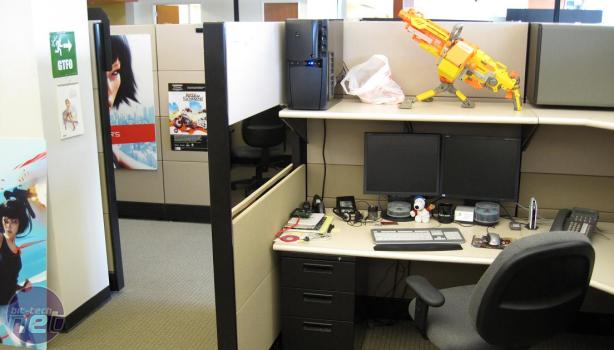
Lars' desk at Nvidia HQ - the Nerf gun is for preotection! Click to enlarge.
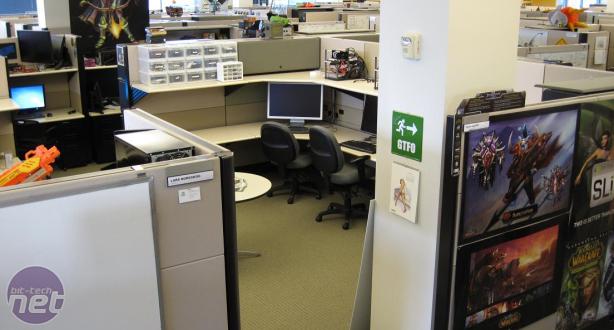
One of the test stations at Nvidia HQ, used for replicating and identifying bugs in games and ForceWare drivers. Click to enlarge.
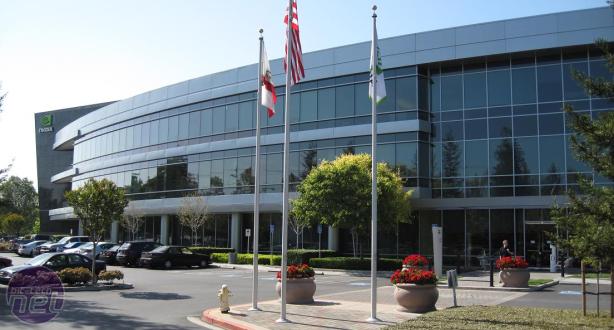
Nvidia's Global HQ is based in Santa Clara in the USA, but it has offices all over the world. Click to enlarge.
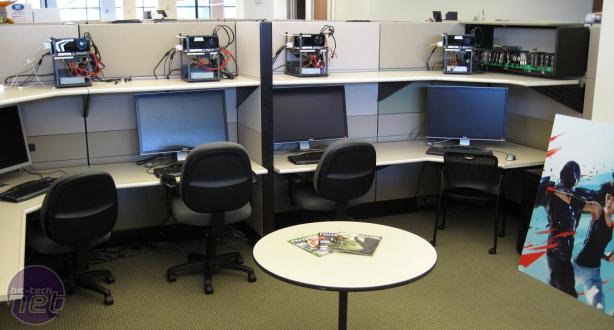
More testing and development stations at Nvidia HQ. They look suspiciously clean to us - did someone tidy up before taking this shot? Click to enlarge.
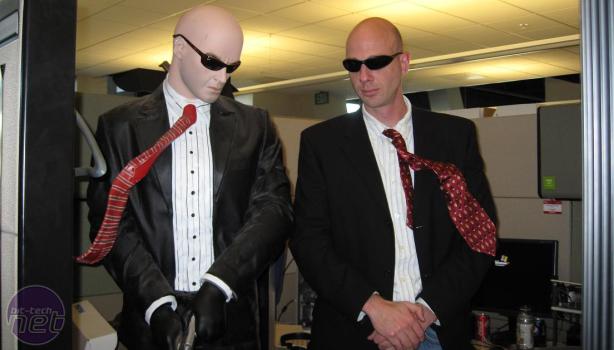
Who needs qualifications when you've got a silencer and sharp suit? Click to enlarge.
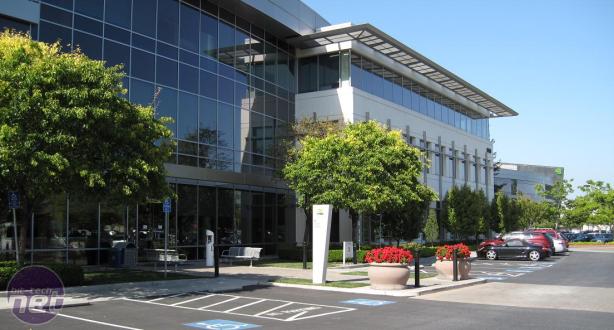
Nvidia Global HQ - it doesn't look like a bad place to work, does it? Click to enlarge.
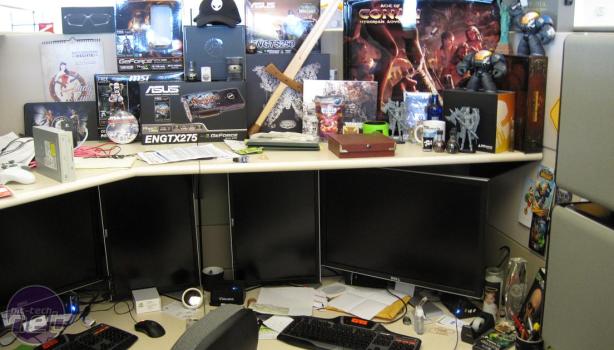
Get the right qualifications, contacts and enthusiasm and you too could work at a desk like this! It's the desk of Clay Causin, Technical Analyst, by the way - we particularly like the inclusion of a full-sized sword. Click to enlarge.
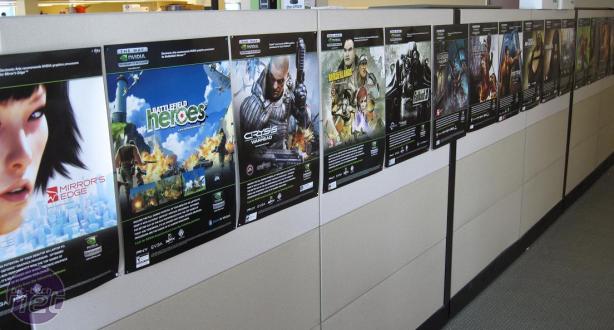
Nvidia's Developer Relations team gets to work on many big games, and well before the release date - this lineup looks like a PC gamer's top 10 wish list. Click to enlarge.

| 欢迎光临 POPPUR爱换 (https://we.poppur.com/) | Powered by Discuz! X3.4 |